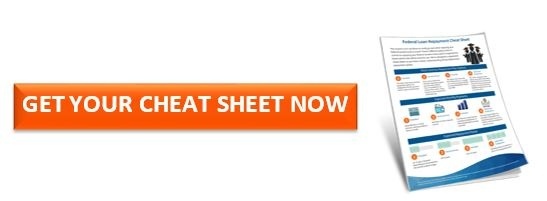Most student loans are eligible for deferment until the end of January 2022. If you have student loan debt, you’ve most likely thought about using a big chunk or “lump sum” of money to pay down your loans. As great as that sounds, is it really the most effective thing for you to do? Or is paying more than the minimum due, a better option?
Let’s take a look at some of the pros and cons of paying down your student loan with a lump sum vs. more than minimum payments, so you can decide what is best for you.

Pros
Reduces Interest
Interest on a loan is sometimes worse than the loan itself. Just when you thought you took out only 10k that somehow turned in 14k over the course of your degree. Putting a lump sum towards your loan will reduce that amount of interest you pay overtime considering the life of the loan will now be shorter. When paying more than the minimum amount, you are also reducing the interest of the loan.
Speeds up Pay off Time
This one isn’t rocket science. If you pay a lump sum that means your balance is gone. Paying more than the minimum amount due means saying goodbye to the loan sooner than if you were just paying the minimum payments due.
The Feeling
Just knowing you don’t have a large amount of debt hanging over your head could be worth putting a lump sum towards your student loans. Also knowing that you’ll have an easier time qualifying for a car, house or large purchase because your debt-to-income (DTI) has suddenly shrunk is worth it too. Paying more than the minimum amount would mean that you will pay down your debt sooner. You will still feel accomplished working towards this goal.
Cons

Eliminates Safety Net Depending
Consider this one. If you have only 10k in savings and you use half of it to pay down your student loans, you’re short that money. If something major happens you may not have what you need to cover it, which could throw off your whole financial situation. Make sure you can afford a lump sum before you just go for it. On the other hand, by paying more than the minimum you can control how much money you have remaining each month so that your safety net is still in place.
Still Have Payments Required
Even though you paid a lump sum, your borrower will still require you to make payments. Just because a lump sum payment was paid, you are still responsible for next month’s payment, so be sure you have those funds available. If you can pay your loan off, that would be the best option. If not, making more than the minimum payments will ensure you are making payments you can afford.
Ineligible for Tax Deduction Moving Forward
The sooner you pay off that loan the sooner you won’t be able to qualify for certain tax deductions anymore. Without this deduction that may mean more of your annual income is subject to be taxed. This will directly affect the amount you either owe or will receive on a tax refund check. The laws are always changing. Make sure to check with a tax advisor to see how you will be affected.
Whether you decide to put a lump sum payment towards your loans or to pay more than the minimum payment, ultimately is your decision. However, something you may want to consider to help you in the meantime is taking a look at the different repayment options to see how they fit with your lifestyle and if you decide to put a lump sum towards your loans how your repayment could change. 

